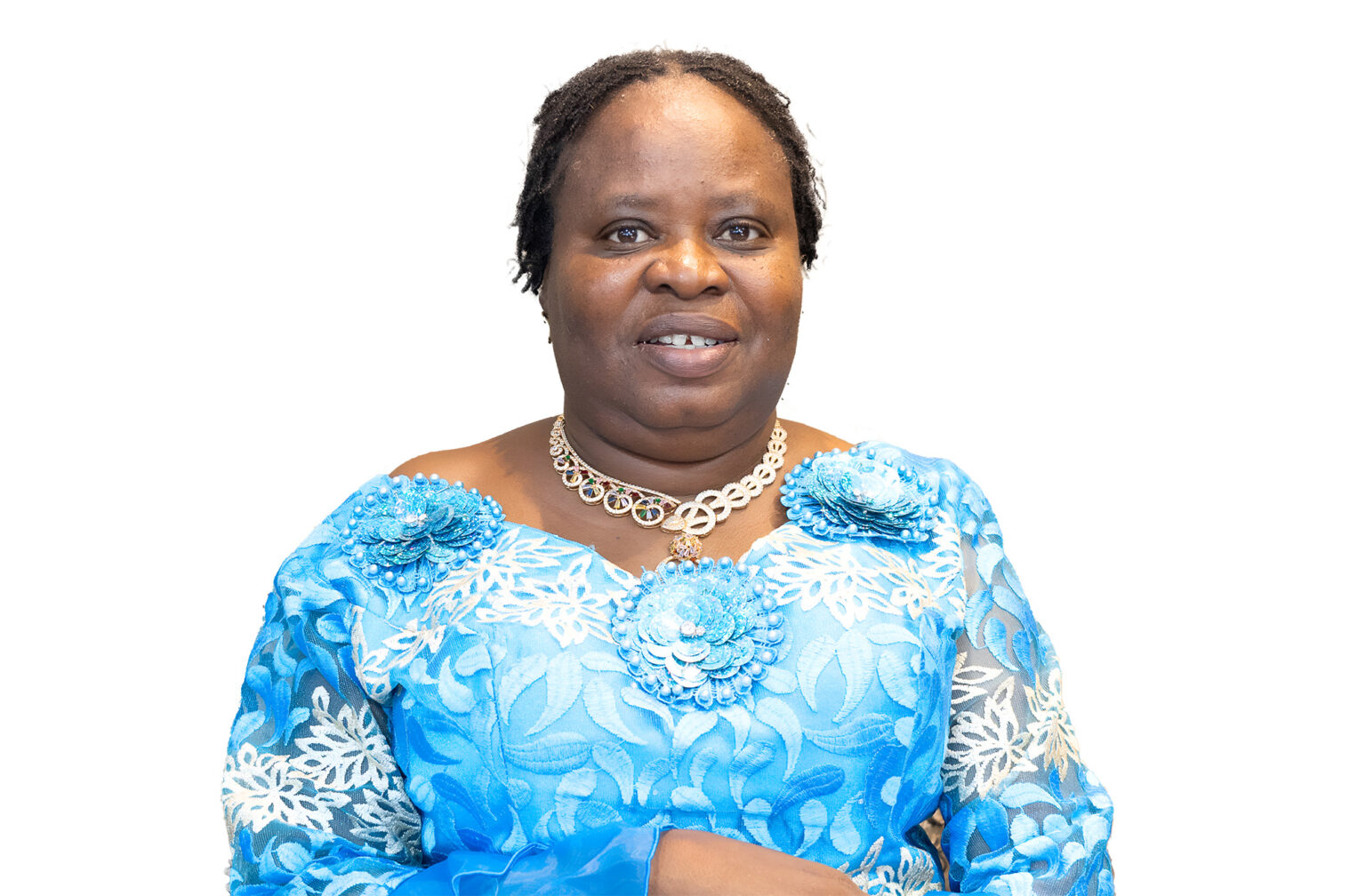Diabetes is a growing health concern worldwide, affecting millions of people across age groups. Simply put, diabetes occurs when the body is unable to effectively use glucose, the final product of carbohydrate metabolism. This inability to manage glucose leads to various complications and requires lifelong management.
Types of Diabetes
There are three main types of diabetes, each with unique causes and characteristics:
1. Type 1 Diabetes: This is an autoimmune condition where the body mistakenly attacks insulin-producing cells in the pancreas. The exact cause remains unknown, but it is often diagnosed early in life. Although rare, Type 1 diabetes can be diagnosed in infants, with some cases in Ghana seen in children as young as four months.
2. Type 2 Diabetes: This type accounts for roughly 90% of all diabetes cases worldwide. Type 2 diabetes is commonly linked to lifestyle factors, such as obesity, poor diet, lack of exercise, and a sedentary lifestyle. Unlike Type 1, Type 2 diabetes is often preventable by adopting healthier habits, but once developed, it requires consistent management.
3. Gestational Diabetes: Occurring during pregnancy, gestational diabetes is due to hormonal changes that make it difficult for the body to manage blood sugar levels. Women diagnosed with gestational diabetes are more likely to develop Type 2 diabetes later in life.
Factors Leading to Diabetes
While Type 1 diabetes is largely a natural occurrence with no pinpointed cause, Type 2 and gestational diabetes are influenced by lifestyle choices and conditions. Obesity, poor diet, and lack of exercise significantly increase the risk of developing Type 2 diabetes, highlighting the need for health education on diet and exercise.
Diabetes Management and Treatment
Diabetes, once diagnosed, cannot be eliminated. Instead, effective management is crucial to living a healthy life with the condition. Mrs. Elizabeth emphasizes four essential pillars of diabetes management:
1. Medication Compliance: It’s vital for individuals with diabetes to take their prescribed medications regularly.
2. Regular Health Checks: Routine visits to healthcare providers allow for early detection of complications and necessary assessments to ensure effective management.
3. Healthy Diet: Individuals with diabetes should make informed dietary choices, avoiding foods without known benefits. A balanced diet supports stable blood glucose levels and overall well-being.
4. Exercise: Physical activity plays an essential role in diabetes management. Regular exercise helps control blood glucose levels, aids in weight management, and improves overall health.
These four pillars offer a solid foundation for managing diabetes effectively. In fact, Mrs. Elizabeth, herself a diabetes patient for 49 years, demonstrates that with proper management, individuals with diabetes can lead a full life.
Addressing Misconceptions
Diabetes is often misunderstood. Some people believe it can be “cured” through spiritual intervention alone. However, medical research shows that diabetes requires a continuous, balanced approach to management, involving medication, lifestyle changes, and routine care. Mismanagement due to such misconceptions can lead to severe complications or even death. As Mrs. Elizabeth highlights, diabetes is not a communicable disease; it cannot be transmitted from person to person. Still, lifestyle choices and genetic predispositions may increase susceptibility.
National Efforts and Policy Initiatives
In Ghana, the National Diabetes Association, part of the International Diabetes Federation, leads efforts in diabetes education and support. Mrs. Elizabeth, who chairs the Africa Region of the federation, advocates for policies that support diabetes patients, including specialized care zones in hospitals and health-oriented leadership. The National Diabetes Association has also partnered with organizations like Life for a Child, providing essential supplies for diabetic children, such as insulin, glucometers, and test strips.
Diabetes is not a life sentence. Learning about diabetes and adhering to management guidelines can enable individuals to lead healthy, fulfilling lives. With support from healthcare providers, community organizations, and public policies, those affected can navigate diabetes with confidence.



